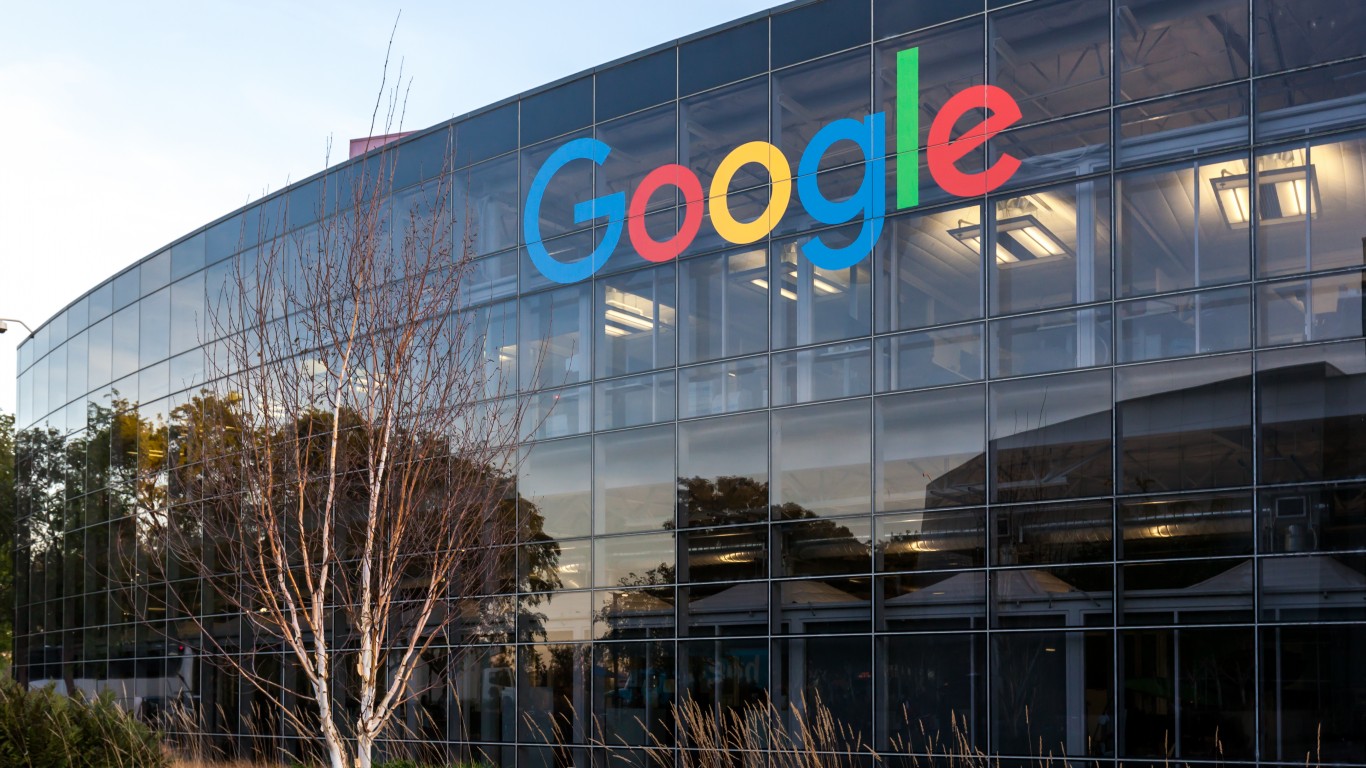 When Google (NASDAQ: GOOG) releases its earnings, it does not disclose how many searches are performed in a quarter. It must be in the hundreds of billions, at least. Google also runs hundreds of thousand of ads each quarter, each tethered to a search result. That universe is so huge and Google’s activity is spread over such a significant part of the world that it is fair to say that Google’s health is some measure of the global economy. If that is so, the economy has picked up.
When Google (NASDAQ: GOOG) releases its earnings, it does not disclose how many searches are performed in a quarter. It must be in the hundreds of billions, at least. Google also runs hundreds of thousand of ads each quarter, each tethered to a search result. That universe is so huge and Google’s activity is spread over such a significant part of the world that it is fair to say that Google’s health is some measure of the global economy. If that is so, the economy has picked up.
Google reported revenues of $9.03 billion in the second quarter of 2011, representing a 32% increase over second quarter 2010 revenues of $6.82 billion. Revenues from outside of the U.S. totaled $4.87 billion, representing 54% of total revenues. Those are certainly clues that what is spent on marketing by massive numbers of companies inside and outside the U.S. has picked up. And perhaps the most critical figures in the earnings statement are aggregate paid clicks and average cost-per-click. Aggregate paid clicks, which include “clicks related to ads served on Google sites and the sites of our AdSense partners,” increased approximately 18%. Average cost-per-click, “which includes clicks related to ads served on Google sites and the sites of our AdSense partners, increased approximately 12%.” Companies are not just putting more marketing messages on Google. They are, on the whole, spending more money to place those messages there.
There was a time, before Google became large, when economists could look to the results of GE’s (NYSE: GE) global economic activity, particularly among businesses as a measure of enterprise health. The same held true for Procter & Gamble (NYSE: PG), which was a reasonable proxy for consumer activity and the cost of commodities, manufacturing and distribution. Each was flawed to the extent that the universe of buyers of GE’s energy, infrastructure, entertainment and financial businesses are fairly small compared with the number of clients that Google has. Procter & Gamble was a good gauge of what consumers spent on soap and razors. It was not as good a way to see where people spent their money when they were in stores and malls. Google, however, is used by retailers across the globe, along with soap sellers and companies that sell energy and financial service. A search for “GE energy” brings back everything from the number of jobs GE has open in its energy divisions to what huge clients have spent on GE’s most expensive energy infrastructure products.
The flaw in the use of Google as a measure of economic activity is that the world’s largest search firm does not offer earnings forecasts. If it did, those projections would be a reasonable proxy for what many economic forecasts do.
Douglas A. McIntyre
In 20 Years, I Haven’t Seen A Cash Back Card This Good
After two decades of reviewing financial products I haven’t seen anything like this. Credit card companies are at war, handing out free rewards and benefits to win the best customers.
A good cash back card can be worth thousands of dollars a year in free money, not to mention other perks like travel, insurance, and access to fancy lounges.
Our top pick today pays up to 5% cash back, a $200 bonus on top, and $0 annual fee. Click here to apply before they stop offering rewards this generous.
Flywheel Publishing has partnered with CardRatings for our coverage of credit card products. Flywheel Publishing and CardRatings may receive a commission from card issuers.
Thank you for reading! Have some feedback for us?
Contact the 24/7 Wall St. editorial team.





